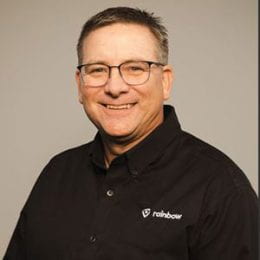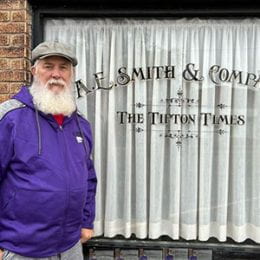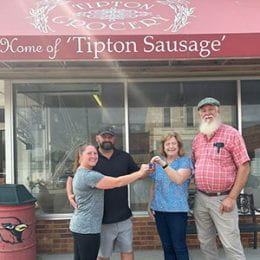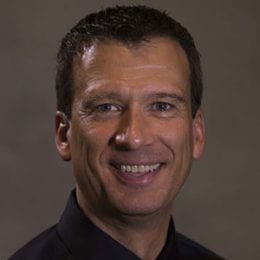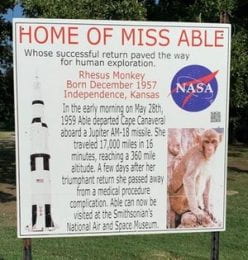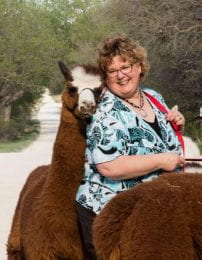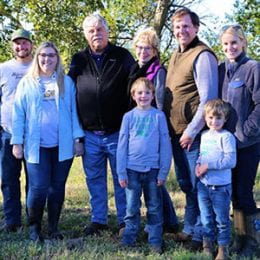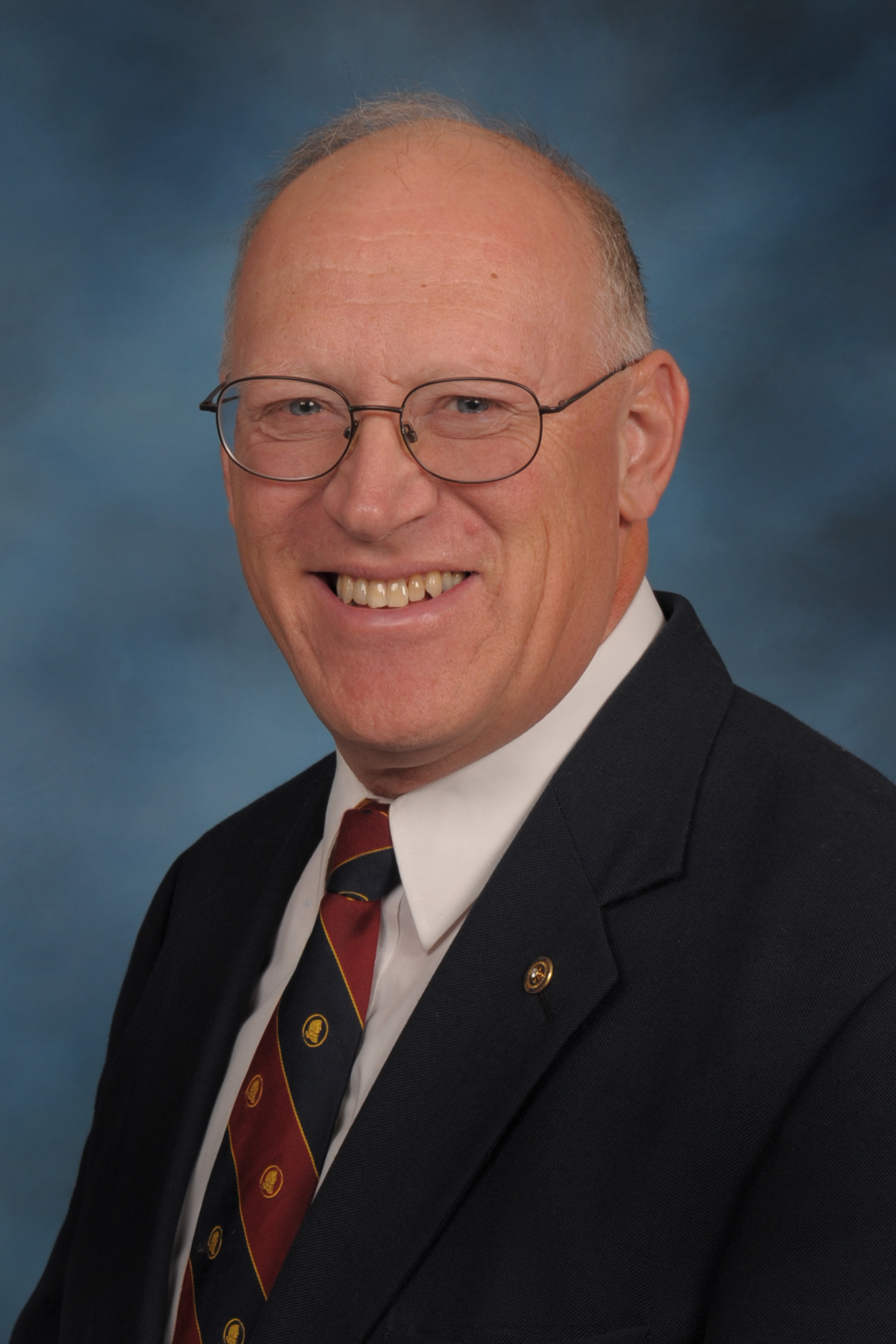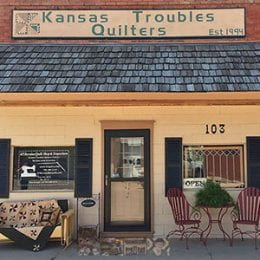
Where would you find an internationally known quilt designer?
Would you believe, in the middle of rural Kansas?
Lynne Hagmeier is too modest to describe herself in this way, but Hagmeier’s world-class quilt design work has been recognized across the nation and beyond.
Lynne and Robert Hagmeier are the owners of Kansas Troubles Quilters shop in Bennington. Lynne became fascinated with sewing at an early age. “Mom taught me to sew, and my grandmother made Barbie doll clothes with me,” Hagmeier said.
Quilting would come later.
She grew up in Bennington, married her high school sweetheart, joined the Air Force, and used the GI bill to earn a degree in social work. She was living in Texas with her family when her husband was killed in an auto accident. Lynne and her four little kids returned to Kansas.
At a church picnic, she met Robert Hagmeier who was from Salina and had children the same age as hers. Lynne and Robert married and settled in Salina.
Hagmeier took a break from social work. She went into a local quilt shop and found she was fascinated with quilting. She and two friends started making little quilts. They decided to sell them at the Salina Riverfest.
“The Riverfest needed a name to put in the program,” Hagmeier said. “We looked in the quilt encyclopedia, which has thousands of quilt blocks, and found a design from the Civil War called Kansas Troubles. One of our husbands called the three of us triple trouble, so it seemed like a fit.”
Kansas Troubles Quilters was born. In 1994, after many requests for the patterns of their original creations, they published their patterns for wholesale distribution to quilt shops. Hagmeier continued the business after her friends moved on. She especially liked the design work.
“I didn’t want to make the same quilt over and over,” Hagmeier said. “I liked designing new ones, and I wanted to sell my ideas rather than sell my labor.”
She traveled around the state showing store owners her designs. One owner suggested she go to the International Quilt Market in Houston. She did so and connected with the Moda fabrics company, sometimes described as the Cadillac of fabric wholesalers. The people at Moda liked her work so much that they asked her to design a fabric line for them in 1999.
The Hagmeiers needed more space as the business grew. They bought and remodeled a vacant building in Lynne’s hometown of Bennington where they eventually moved.
The Hagmeiers also enjoy collecting antiques. They display many of those antiques in their store.
“Quilt retreats were becoming popular,” Lynne said. The Hagmeiers made the upstairs into a place for quilt retreats and put her studio and a small retail space on the first floor. The space became booked solid for retreats. As demand grew, the retail space expanded to fill the entire first floor and the studio was moved into their home.
“We started getting requests to do training and demonstrations in other states,” Hagmeier said. Then she began participating in something called a quilting cruise to places such as Alaska, Europe, and the Caribbean. Demand blossomed to the point that Robert left his job and joined the business.
Kansas Troubles quilts now hosts an annual fall KT & Friends quilters retreat which attracts 50-80 ladies from across the country. “I like to bring in a guest teacher each fall,” Hagmeier said.
Today, Kansas Troubles Quilters shop in Bennington is a destination stop for quilters from across the nation. Hagmeier has created hundreds of quilt designs and written two dozen books. As noted, she designed her first line in 1999. “I’m now working on my 78th line,” she said.
It’s an impressive business to be found in a rural community such as Bennington, population 622 people. Now, that’s rural.
For more information, see www.ktquilts.com.
Bennington, Kansas is where we can find this international quilt design expert. We salute Lynne and Robert Hagmeier for their expertise in quilting craftsmanship. For quilters across the country, they are making a world of difference.
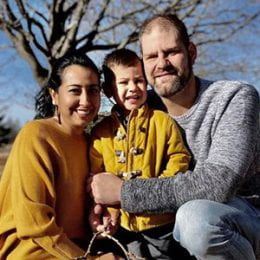
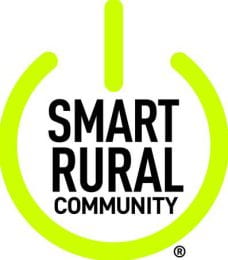 It is one thing to be a rural community. It’s another to be a Smart Rural Community.
It is one thing to be a rural community. It’s another to be a Smart Rural Community.